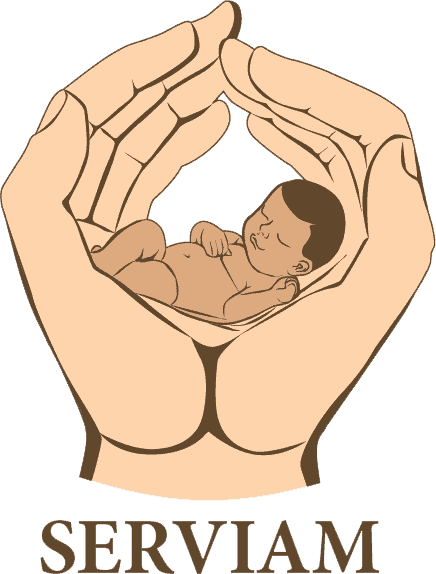Frequently Asked Questions
- Weeks 4-28 – 1 prenatal visit per month.
- Weeks 28 to 36: 1 prenatal visit every 2 weeks.
- Weeks 36 to 40: 1 prenatal visit every week.
Early signs of pregnancy include fatigue, bloating, frequent urination, mood swings, nausea, and sensitive or swollen breasts. Not everyone experiences all of these symptoms, although at least one of them is frequently present.
Moms at week 20 or more with newly diagnosed high blood pressure, proteins in the urine dipstick, swelling in the feet and headaches. Usually goes away after delivery
Essentially it is pre-eclampsia with seizures
Ideally should be within 6-12 weeks of pregnancy confirmation
A moderate amount of caffeine is safe during pregnancy. Generally 1-2 cups. However, caffeine is linked to reducing blood flow to the baby and can cause growth restriction
All vaccines are generally safe except “live” vaccines such as chicken pox, and MMR (measles, mumps, rubella).
This is normally a personal decision. However, an epidural is recommended in specific cases such as C-sections or when labour pain is so great that you feel fatigued or out of control.
If you experience a gush of fluid and have contractions that are 30-70 seconds and come in 5 – 10 minutes apart. They get stronger and closer together with time.
Acetaminophen is the safest medication for pain relief during pregnancy. Avoid NSAIDs (non-steroidal anti-inflammatory drugs) such as aspirin, Aleve, ibuprofen, naproxen, and Advil.
Medications with acetaminophen, sudafed, and Benadryl are safe.
Yes, fish rich in omega-3 fatty acids and low in mercury is recommended as part of a pregnant patient’s diet. Avoid raw fish and seafood such as sushi, oysters, sashimi, scallops, clams, ceviche
Recommended vitamins during pregnancy include folic acid, iron, calcium, vitamin D, choline, omega-3 fatty acid, B vitamins and vitamin C
Folic acid is a nutrient needed for proper growth and development. It can help safeguard your child from neural tube defects, which are birth defects of the brain and spine, if you take it prior to becoming pregnant and throughout the first trimester.
Yes. Exercise during pregnancy is allowed but not to the point of exhaustion. You must be able to keep a conversation while exercising. Exercises to avoid include contact sports, diving, horseback riding and lying flat on the back for a long period of time.
It is relatively safe. However, you should wait until after the 1st trimester to do so due to the risk of the chemicals causing any harm to the baby will be lower.
Manicures and pedicures are relatively safe. Although there may be concerns with certain chemicals used, it is better to choose a salon with good hygiene practices and standards.
